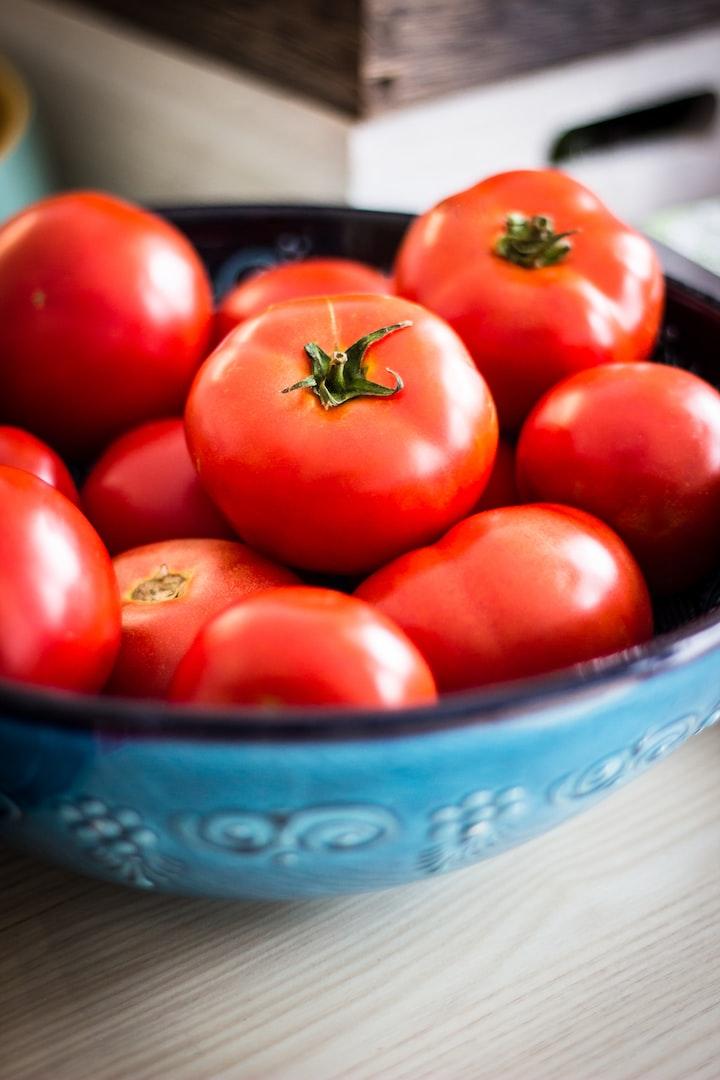There are many different types of foods that are considered healthy. Some common examples include fruits, vegetables, whole grains, and lean protein sources. These foods are typically rich in nutrients like fiber, vitamins, and minerals, which can help promote overall health. Additionally, consuming a variety of healthy foods can also help reduce the risk of developing chronic diseases such as heart disease, obesity, and type 2 diabetes.
Fish
Fish are a healthy food because they contain omega-3 fatty acids, which are important for maintaining heart health and preventing stroke. Omega-3 fatty acids can also help to lower blood pressure and improve cholesterol levels. In addition, fish are a good source of protein and other nutrients that are essential for good health.
Broccoli or any of the cruciferous vegetables
Broccoli and other cruciferous vegetables are among the healthiest foods you can eat. They’re packed with nutrients that have important health benefits, including cancer-preventing antioxidants and fiber.
Cruciferous vegetables are a great source of vitamins C and K, as well as folate (a water-soluble vitamin that’s especially important for pregnant women). They also contain carotenoids, which are plant pigments that act as antioxidants. These nutrients scavenge harmful toxins and by products that can damage cells, leading to inflammation.
Fiber is another important nutrient found in cruciferous vegetables. It helps keep you regular by promoting bowel movements and preventing constipation. Fiber also plays a role in blood sugar control by helping to slow the absorption of sugar into the bloodstream. This is especially beneficial for people with diabetes or prediabetes who need to closely monitor their blood sugar levels.
In addition to their many vitamins, minerals, and fiber, cruciferous vegetables are also a good source of phytochemicals. These plant compounds have antioxidant and anti-inflammatory properties that may help protect against some chronic diseases like heart disease and cancer .
While all cruciferous veggies offer health benefits, broccoli is one of the most nutrient-dense options available. It’s particularly high in vitamins C and K as well as fiber . Broccoli also contains sulforaphane, a potent phytochemical with powerful anticancer properties .
Beets
Some of the health benefits associated with beets include improved blood flow, lower blood pressure, increased exercise performance, reduced inflammation, and protection against cancer. Beets can be enjoyed cooked or raw, and they can be added to salads, smoothies, juices, or simply eaten on their own as a healthy snack.
Almonds
Almonds have been shown to provide numerous health benefits, including improved cholesterol levels, reduced risk of heart disease, and lower blood sugar levels. Additionally, almonds may help to promote weight loss and reduce the risk of certain types of cancer.
Mangos
Mangos are native to South Asia and India, but they are now grown in many tropical and subtropical regions around the world. The most commonly available variety in the United States is the Ataulfo mango, which is also sometimes called the Champagne mango or the Honey mango.
Mangos can vary in color, from green to yellow to red, and they often have a reddish blush on their skin. The flesh of a mango is yellow or orange and contains a large, flat pit in the center. Mangos are often eaten fresh, but they can also be used in recipes for soups, sauces, smoothies, or desserts.
When selecting a ripe mango, look for one that is fragrant and gives slightly to pressure. Avoid mangos that have bruising or blemishes on their skin. Ripe mangos can be stored at room temperature for several days or refrigerated for up to two weeks. To speed up ripening process, place mangos in a paper bag with an apple or banana overnight at room temperature.
